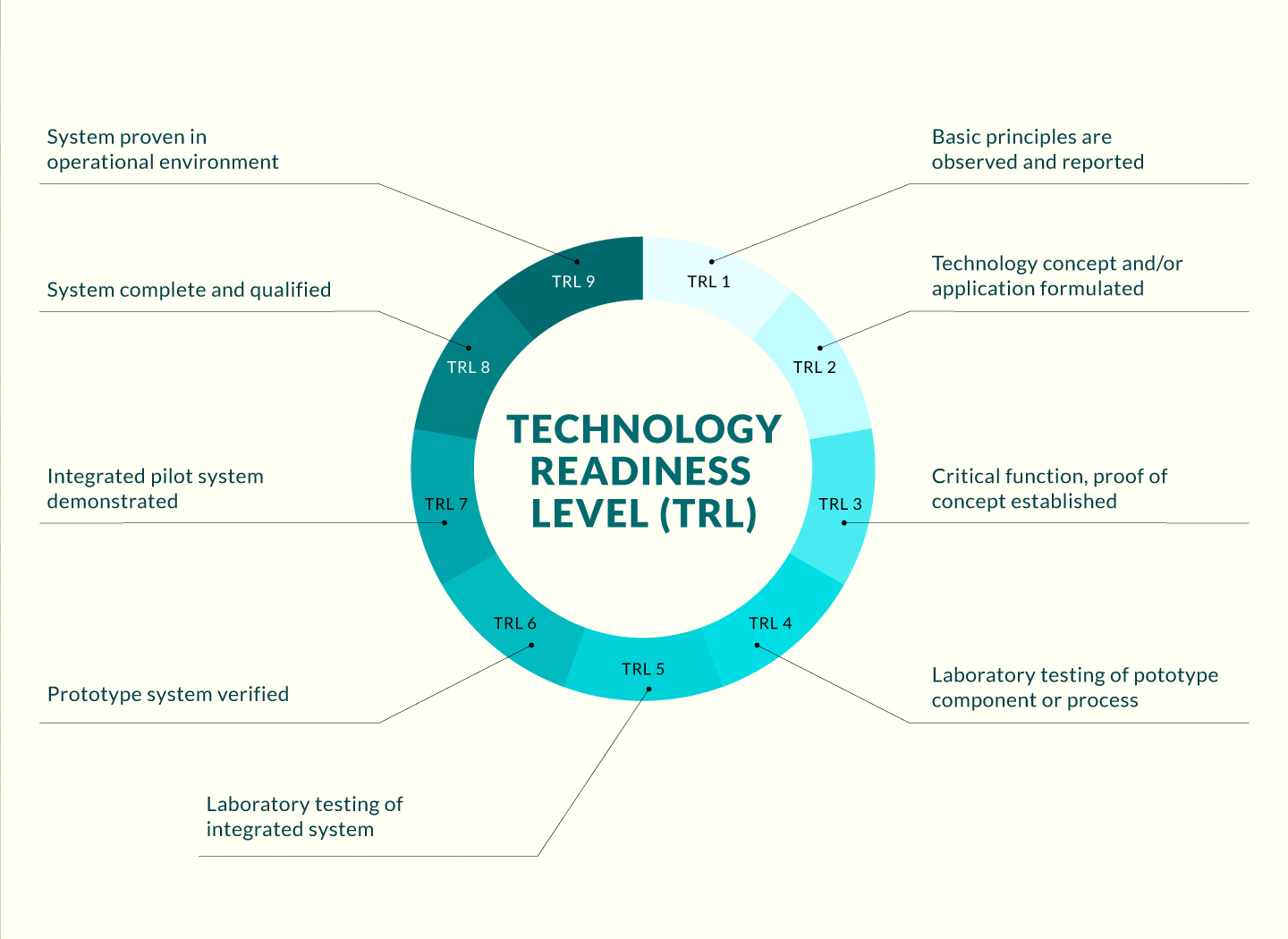

Opportunity
Lithium-ion batteries have been widely used in various industries around the world due to their good stability and excellent performance. However, their high cost and potential safety hazards have always been pain points in the industry. Against this background, sodium-ion batteries have gradually come into the public eye as a potential alternative, but their commercialization process faces major challenges due to the development bottleneck of high-performance cathode materials. It is worth noting that new organic electrode materials are bringing breakthrough opportunities for sodium-ion batteries-compared with traditional inorganic materials, these materials not only have better renewable characteristics and higher theoretical capacity, but also show good adaptability in sodium-ion battery cathode applications. However, previous studies have shown that the cyclic stability of existing organic materials is still poor, making it difficult to put them into practical applications.
Technology
Covalent Organic Framework (COF), as an emerging crystalline porous polymer material connected by strong covalent bonds, has been widely used in the fields of precise drug delivery, flexible electronic device manufacturing, industrial gas separation and storage due to its good stability and regular nanoscale pores. At the same time, due to its high degree of structural design, it has shown its advantages in the field of energy storage. Based on this, the research team integrated aromatic groups and dithiophenols, and prepared a highly stable, high-performance porous graphene-like covalent organic framework electrode material through a simple dissolution thermal reaction.
Advantages
- The preparation of electrode materials is renewable and sustainable
- Performance and properties can be tailored to meet specific functions
- Electrode materials have high theoretical capacity
- Excellent chemical and thermal stability
Applications
- The covalent organic framework electrode material is suitable for various types of energy storage devices, including full and half cells, cylindrical and soft-pack batteries for sodium-ion and lithium-ion batteries.
- The material exhibits good structural stability in organic or highly concentrated strong acid/base solutions, so it is also suitable for drug delivery, chemical sensing and gas separation/storage.



